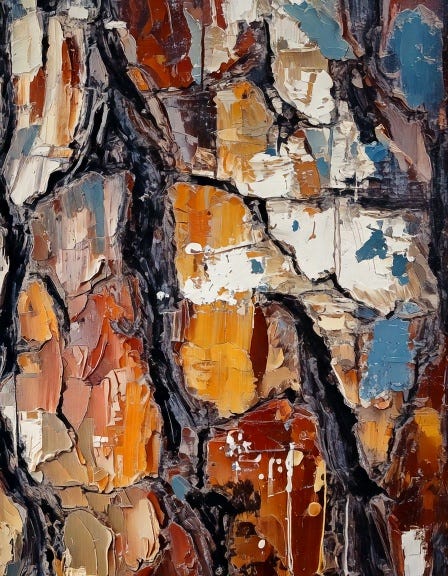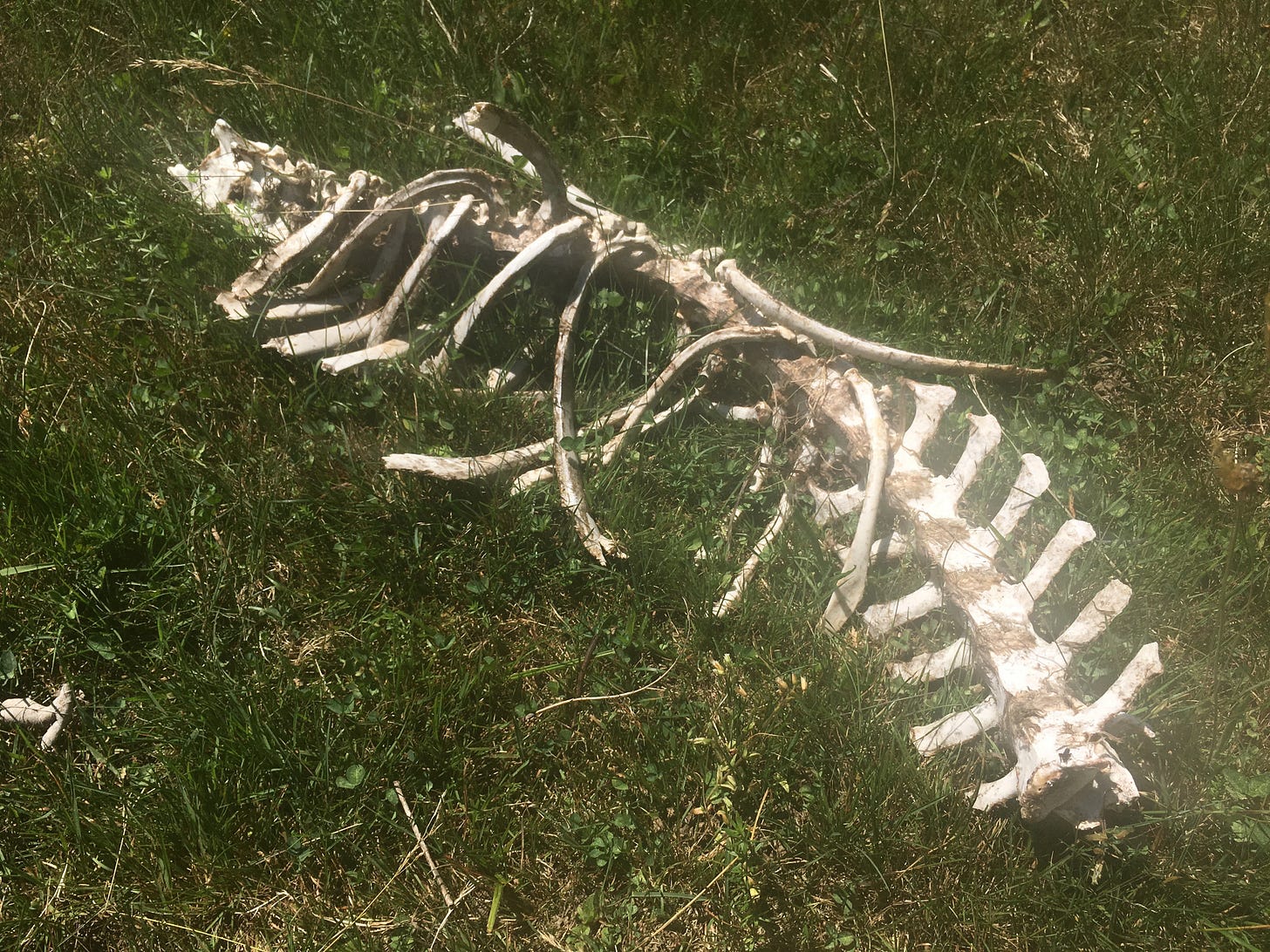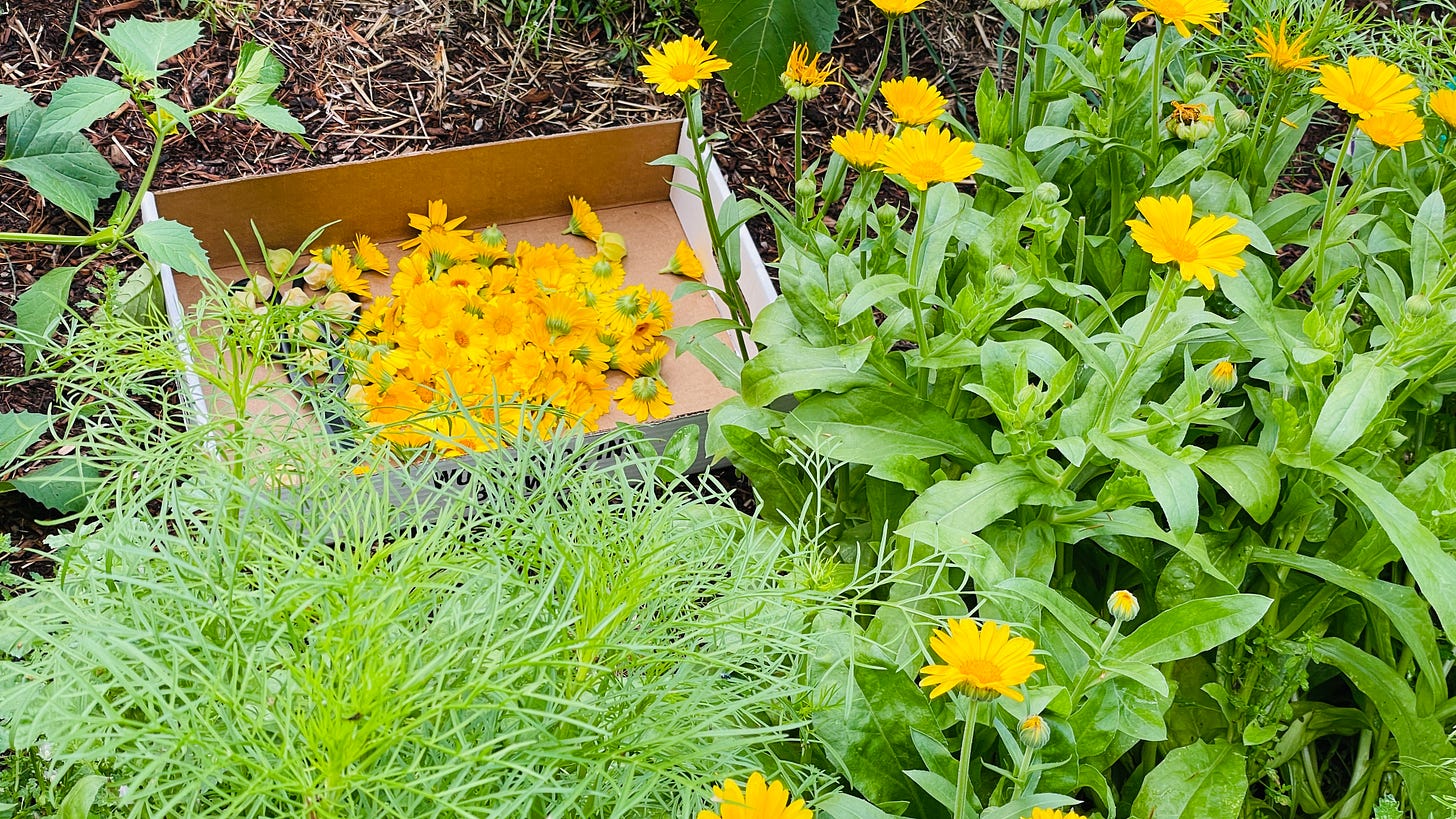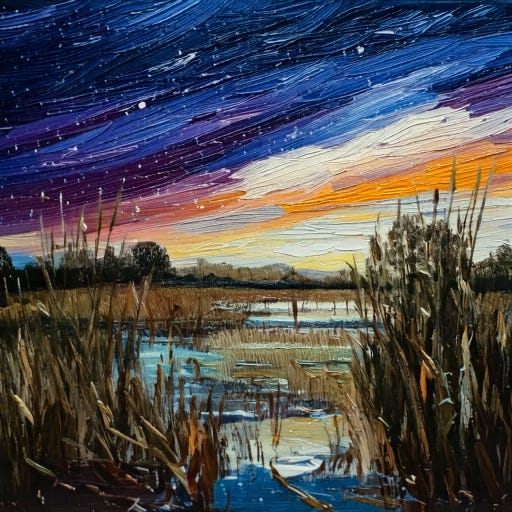I was raised in North Florida, where the soil is sandy and the air smells faintly of mildew and pine needles. Where the heat slows your blood and the cicadas sing like they’re possessed. I knew I was different before I had words for it. Knew it in my skin, in the way I listened, in how I always searched for something unnamed.
No one told me my mother’s father was Greek Cypriot. Not at first. It wasn’t until I was nine years old, kneeling on the green carpet of my grandmother’s house, that she dropped the story like a hot coal: a name, a man, a hush. Then nothing. It was forbidden to ask questions. Forbidden to speak of him. The kind of secret that rearranges your body without your consent.
I learned early that silence has a shape. That it curls around the women in my family like smoke. That it’s often used to protect the feelings of men.
My grandmother’s second husband was a Southern man in the most violent sense of the word. Son of tobacco farmers from Virginia, proud owner of heirloom photo albums filled with images I was never meant to see—Black bodies and Women's bodies hanging from trees, crowds gathered like it was a picnic. I found the photos by accident, flipping through pages I thought would show birthdays or holidays. Instead, they burned through me. Something soft in me broke that day—something innocent, unarmored. I could suddenly name the hatred. I could see the fear lodged in the corners of my own family. I felt the weight of it settle in my chest. I was afraid. And I was awake.
In that house, there was no room for Greekness. No room for ceremony or lineage. Just canned biscuits, casseroles, and a wrathful God. I was baptized into Southern Baptist shame: sex was sin, dancing was vulgar, womanhood was a burden to be disciplined. I grew up haunted by a hunger I didn’t understand.
But I knew, even then, that something had been stolen from me. Not just a grandfather—but a way. A way of living, of being in the body, of tending to earth and spirit. Not in a mythical sense—but a cellular one. I don’t romanticize the culture I lost. I remember it through my body, not a postcard. The longing came before the story.
I was always drawn to the things that couldn’t be explained: the smell of rosemary crushed between fingers. The ritual of boiling water for tea. The way my hands knew how to hold plants, even before I knew their names. My cousins played sports. I played nature whisperer.
For years, the only proof of this other lineage was a scrap of paper—an Ellis Island record showing my great-grandfather changing his name from Constinous Gregorious to Charles Gregory. A soft erasure. A disappearance under pressure. What was unpronounceable became digestible. Whitewashed into the American story.
After high school, I left.
I went to Greece. First Athens, then Ikaria—an island that moves at the speed of wind and sea. There, everything slows down. People grow old, not because of anti-aging regimens, but because they live close to what matters. I milked goats. Ate tomatoes that tasted like sunlight. Slept under stars so bright they looked back. Swam in saltwater that felt like returning to the womb. There were awkward moments, yes. But my soul exhaled. My skin remembered something that had never been taught.
It was a moment of growth, the first time in a foreign country, a new culture, new social dynamics, but after I adjusted, and I felt well.
Years later, in my thirties, I found her. A photograph of my great-grandmother—the one who died giving birth to the grandfather no one would speak of. Her face was my face. Time collapsed. It felt like meeting myself in a previous life, except it was this life. This blood. This broken lineage.
It startled me. But it also affirmed what I’ve always known: the body remembers. Long before language, long after erasure. My body knows how to live in the Mediterranean. It knows that olive oil is medicine. That food is a form of love. That dancing at a wedding until dawn is not indulgent, but essential.
And the older I get, the more I see the pattern: without realizing it, I’ve lived in almost every place my ancestors once called home—Riverside in Jacksonville. Bethnal Green in East London. Miami. Now Vermont. It’s as if my feet have been tracing the ghost lines of memory, making a bone map from the inside out.
But knowing is not enough.
I’ve had to dig. I’ve had to build a culture from fragments—start a new tradition with my children that honors what was nearly lost. I light candles beside photographs. I write names. I speak the stories that were silenced. I cook from instinct. I learn the plants that grow where I live. And I tell my children: you are from many places, and all of them matter.
My children carry Greek, Japanese, Colombian, and English blood. I want them to know these places not as flags or categories, but as lived histories. I want them to feel the taste of the soil, the pulse of the rhythms. I want them to be unafraid of where they come from.
But it’s hard. In the United States—yes, the United States, not “America,” because “America” belongs to all the peoples of the continents—culture is flattened into consumption. We are trained to forget. To replace ritual with routine. To buy instead of belong.
Western capitalism is cunning. It knows that if it can sever us from our roots, we will become dependent. We will consume to fill the hollowed-out places where our songs, our ceremonies, our medicines used to live. And we will call it freedom.
But it’s not.
I write this with dirt under my nails, grief in my chest, and a flicker of something ancestral alive in my belly. The work of remembering is not metaphor. It’s real. It’s in the cooking pot. The garden. The altar. The telling of a true story.
I am not returning to a lost homeland. I am making one, in real time, with what I have.
And I’m not alone.
But making a home—now, here, in this time of unraveling—is a different kind of work. It is tender and impossible and necessary all at once.
The Florida I grew up in is not the Florida I return to. Each year, something else is gone. The land remembers, but it is being rewritten by saltwater and asphalt. Pines that once lined the roads are swallowed by new developments. The cicadas still sing, but they’re drowned out by leaf blowers and interstate hum. What was once a place of wildness and stillness is becoming a theme park of itself—curated, commodified, collapsing.
I grieve it like a person.
I long for land I can tend. To wake with the sun, to know the rhythm of the seasons not by calendar but by the shift in birdsong, the smell of rain, the blooming of specific flowers. I want to move with the cycles of sheep and compost and rainfall. But even those rhythms have grown erratic. Rain comes in floods or not at all. The heat makes it hard to breathe. Plants bolt too soon. Animals shift their behaviors. The map is melting beneath our feet.
We’re no longer living in a stable climate. We’re living in a system that is changing faster than language can hold.
And yet—my ancestors adapted. They moved across oceans. They carried culture not in objects, but in gestures. In the way they cooked, in the way they held grief, in the way they greeted the day. My great-grandfather changed his name under pressure, but something in him remained intact. And that something lives in me.
Culture, I’m learning, isn’t just history. It’s a way of being with each other. With the land. With time. We may lose our orchards. We may lose our coastlines. But we cannot lose the way we love—our families, our friends, our communities, the earth. That’s what endures.
In this era of collapse, creation becomes a form of rebellion.
To plant a garden. To sing with children. To make things by hand. To keep making art when the world tells you it doesn’t matter. To gather, to share food, to light a candle, to say the names of the dead. These are not small acts. They are radical.
We are not powerless. We are creators. We are carriers. We are composters of the broken world and midwives of what’s to come.
I hold this truth in my bones: the future is not built by those who dominate—but by those who remember how to belong.






A beautiful article... The loss, the grief for a nostalgic way of being that had to end. Cultural bonds had to die, to birth the free individual of initative, a person able to create out of oneself their own world of beauty from the collective decay. For those that can't or won't accept love and generosity, the world is a terrible place, consumed by fear and greed. Light a candle not for what was, but for what we must become.